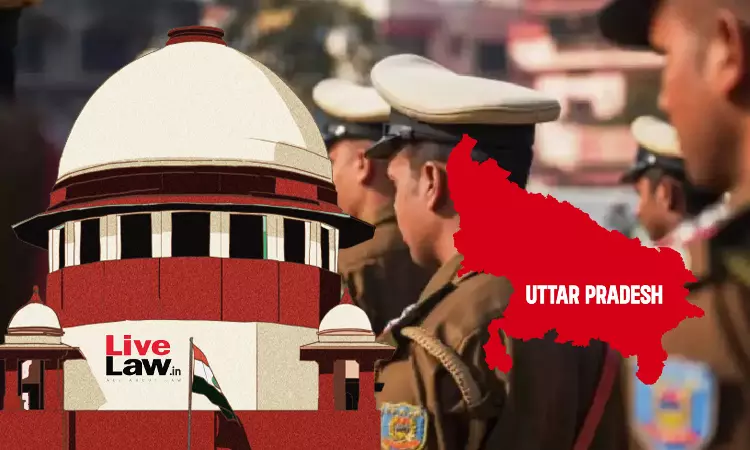'What's Happening In UP? Complete Breakdown Of Rule Of Law' : Supreme Court Slams Police For Converting Civil Disputes Into Criminal Cases
Anmol Kaur Bawa
7 April 2025 3:11 PM IST

The Court also asked the UP DGP to file an affidavit showing compliance with 'Sharif Ahmed' decision on providing details in chargesheet.
Next Story


